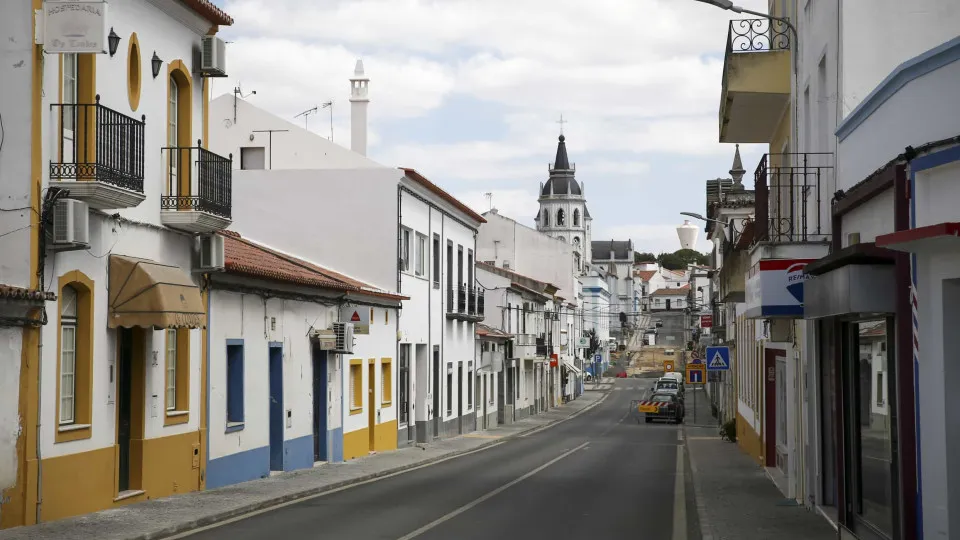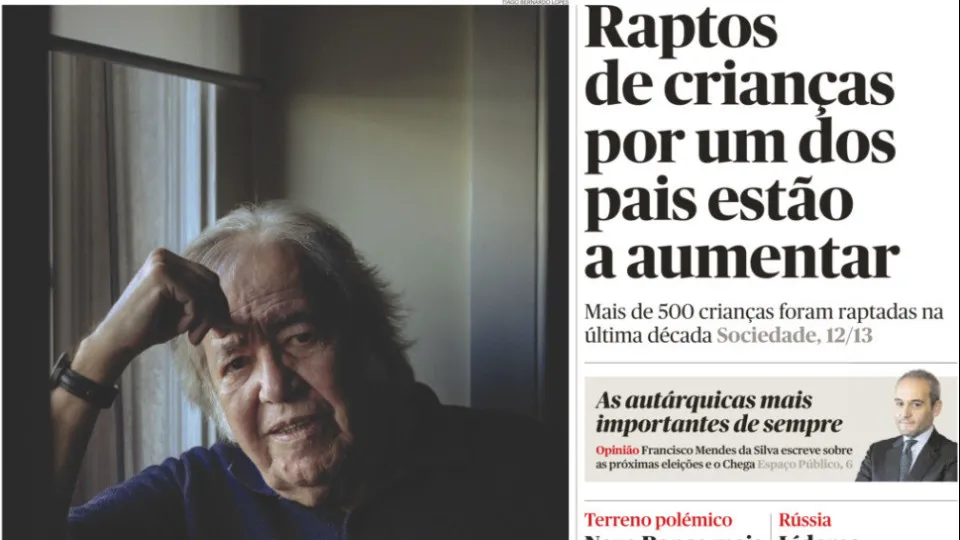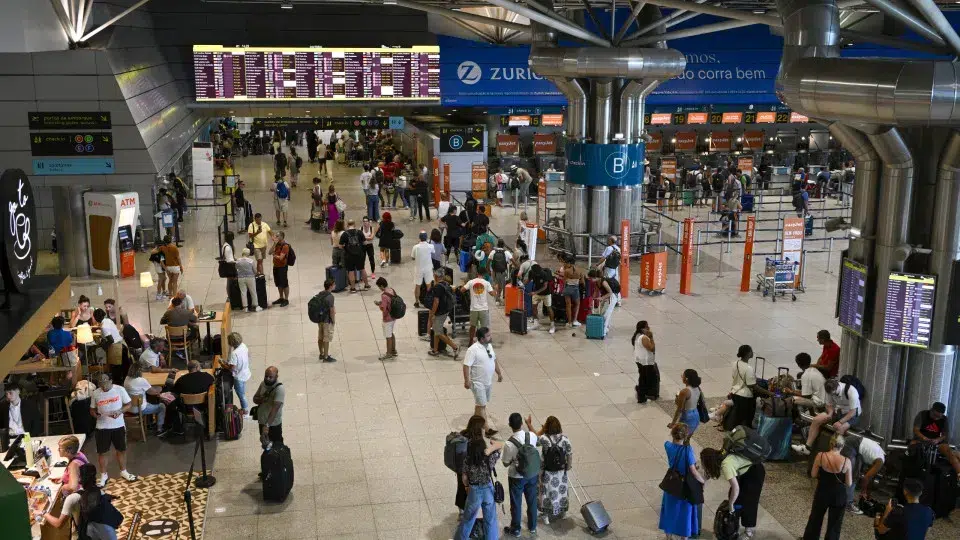The fluvial connection, representing an investment of 160,000 euros, will operate hourly in each direction, using a vessel with a capacity for 20 passengers, according to Marco Martins, president of TMP.
The service will commence at 7:30 AM in Afurada and will feature “13 trips in each direction from Monday to Thursday, 15 trips on Friday, 13 on Saturday, and 11 on Sunday,” Marco Martins specified, noting that these schedules might be adjusted if demand for the river transport increases.
Journeys conclude at 8:00 PM from Monday to Thursday. From Friday to Sunday, the last boat departs the dock at 10:00 PM.
Each trip “takes approximately seven minutes, whereas by car, on a day without traffic, it takes between 20 to 30 minutes, and by public transportation approximately 50 minutes,” highlighted Marco Martins.
The transport service will begin with passengers able to use the Andante (Z2 or passes), but a ticket is also available onboard at a cost of 2.25 euros.
According to Marco Martins, this pilot project will serve to conduct “a real study of demand.”
TMP aims to understand the flow potential of this link, both with residents of the two cities and tourists, to eventually “launch a tender” for this waterway crossing.
On May 30, during a presentation at a meeting of the Metropolitan Council, Marco Martins emphasized that after the pilot project, the study “will naturally indicate potential demand, economic viability, and other locations” along Gaia, Porto, and Gondomar.
The connection concerns “the link between Ribeira do Porto and Cais de Gaia” and “further upstream a connection between Gramido and Avintes,” followed by “a potential connection that could at least originate from Gramido, pass through Freixo, touch Oliveira do Douro, and then connect to Ribeira do Porto and Gaia.”
“But this will be for 2026, after this study,” stated the official.
The crossing between Cais do Ouro and Afurada, operated by the vessel Flor do Gás, was suspended in 2020, but resumed in the summer of 2022 on an exceptional basis during the São Pedro festival and Marés Vivas Festival.




